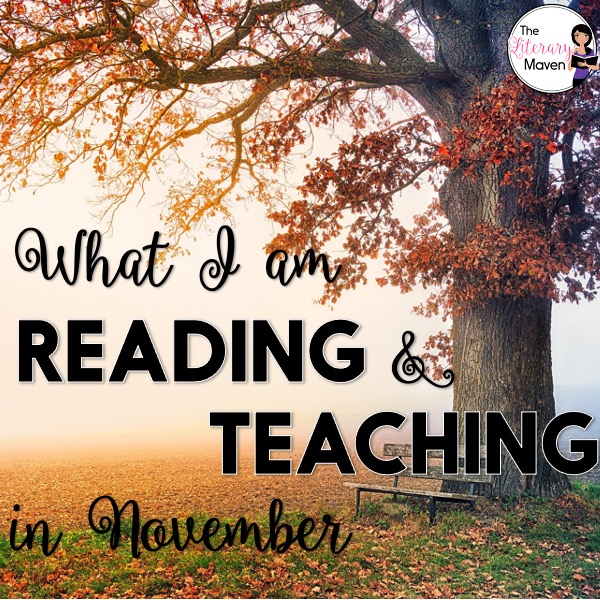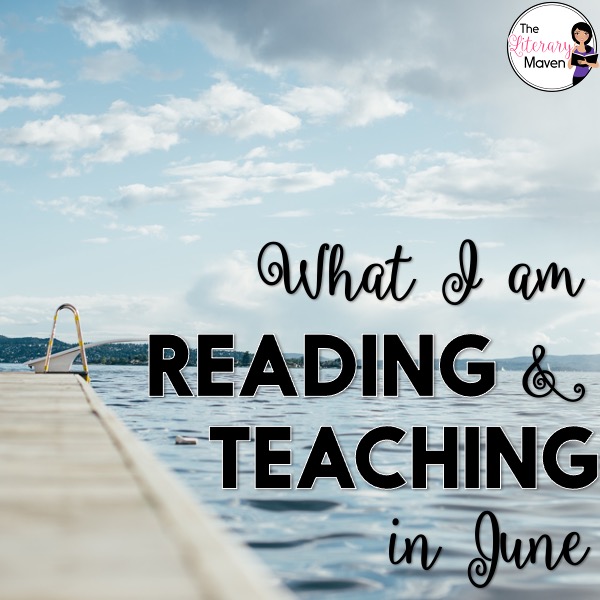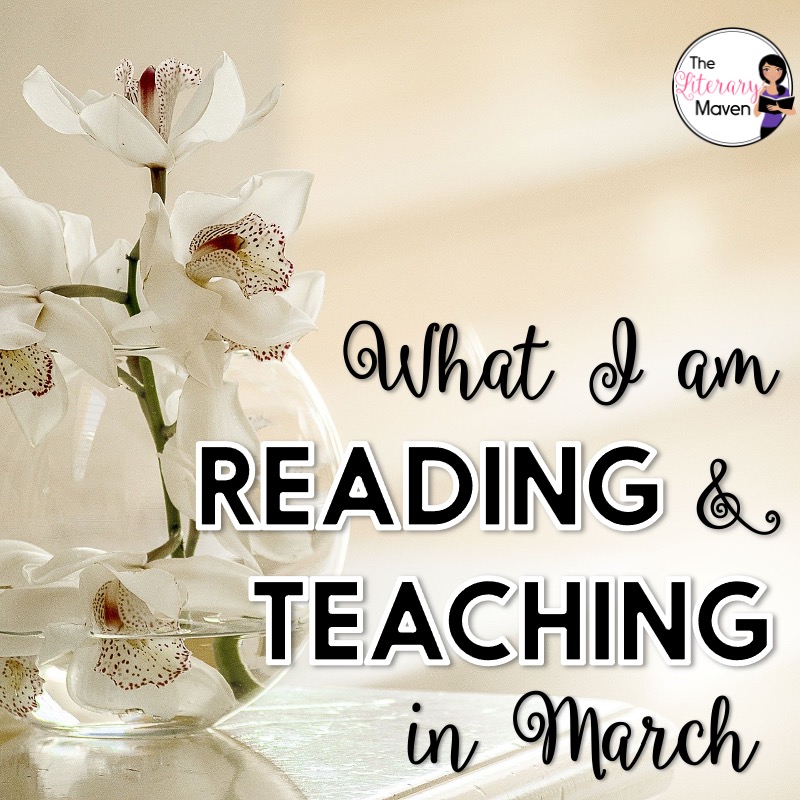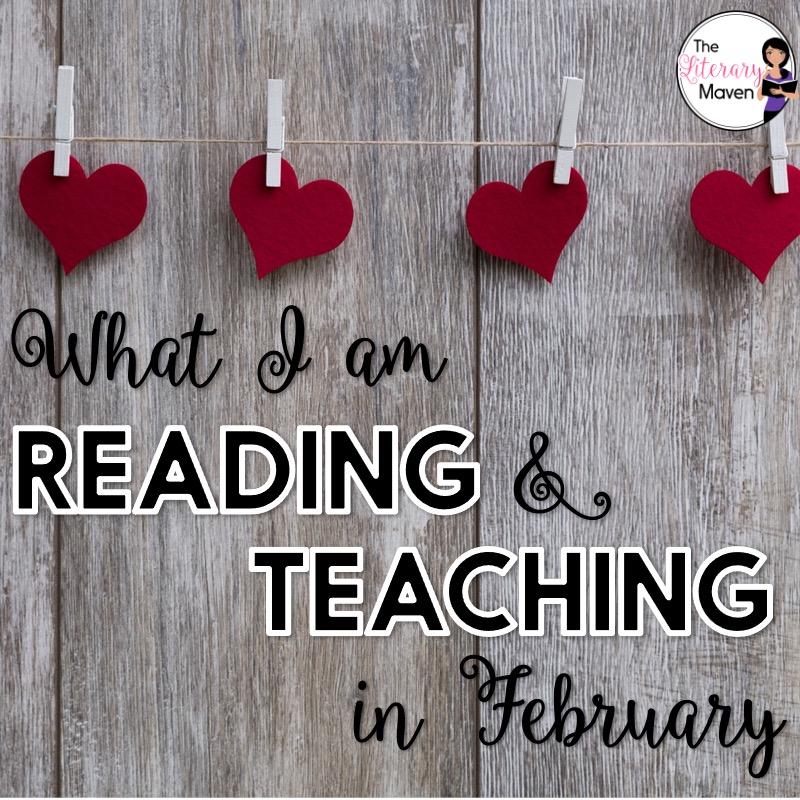My school operates on trimesters rather than marking periods, and our new trimester started when we returned from Thanksgiving break. My units align with our trimesters it's been nice to start something new upon returning from break.
The end of first trimester was a bit of a let down. Despite all of the supports I have built into the essay writing process, the quality of many students' essays did not match what I expected to see after two weeks of work and many, many small group writing sessions. Similarly, the quality of students' final projects was also disappointing despite the step-by-step brainstorming and templates provided for students. Many projects were submitted incomplete and some students just didn't turn in anything despite knowing it was one of two of their final grades for the trimester.
























